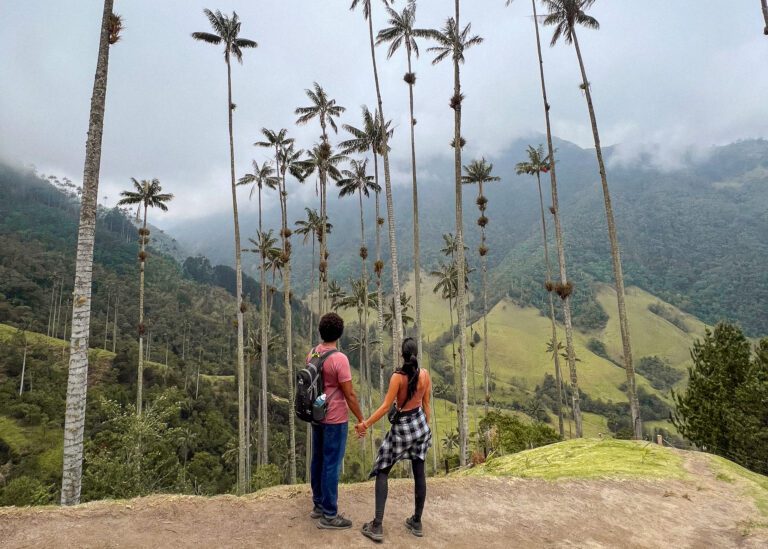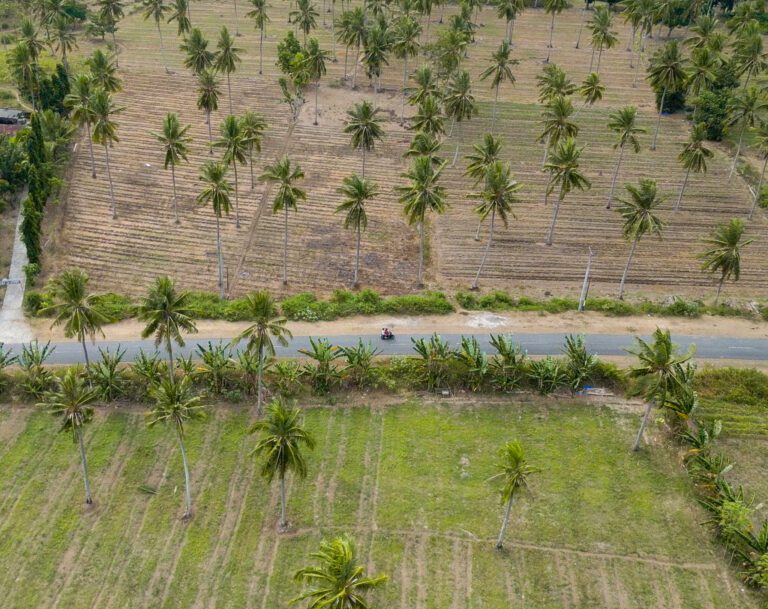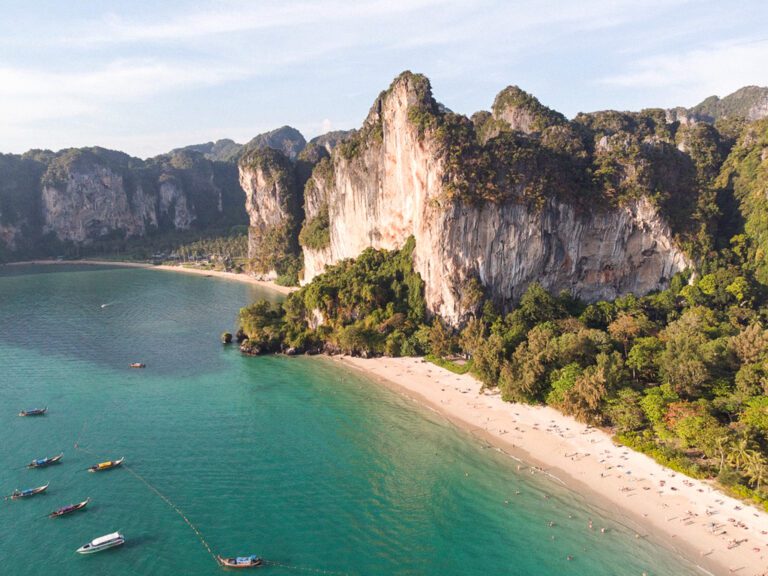Ready to travel abroad? We’ve got you covered.
While most of what we share is designed to support anyone traveling, regardless of where they are coming from, we acknowledge that regulations and other factors can be very specific to each individual country. Knowing these ahead of time can make your travel experience much easier—and save you tons of money along the way.
Since we live in the United States, we have created a checklist specifically for American travelers. Many of these tips can be applied to other countries with slight adjustments, so feel free to use this as a guide if you are from elsewhere. Just note that some details may differ for you.
Please remember that this checklist is based on our personal experience. We always advise readers to use this as a guide—it’s your responsibility to verify the information, keep what works for you, and adjust whatever doesn’t.
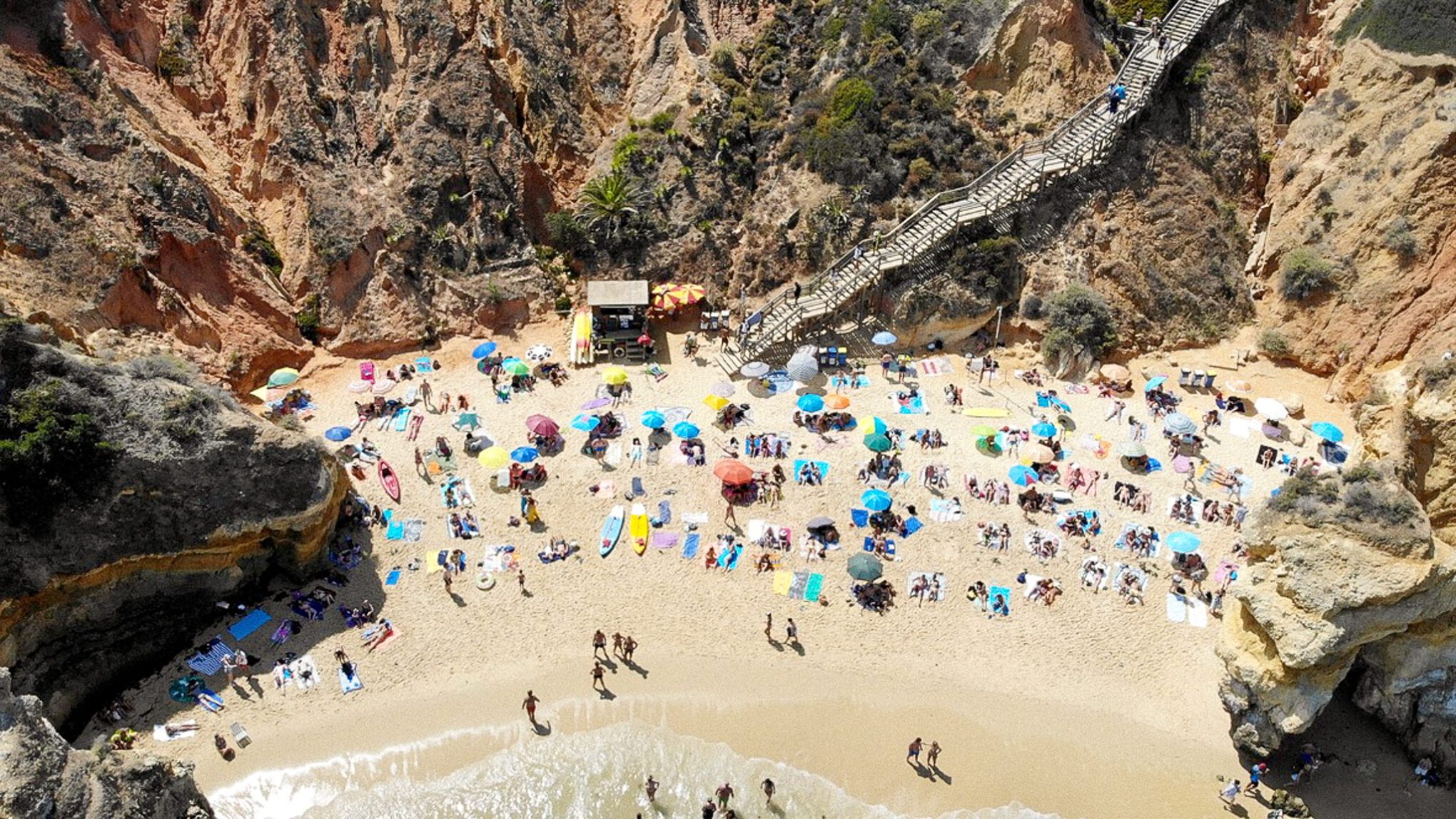
Checklist:
Language
Luckily for you, most countries use English as the primary language for tourism. If English is all you know, it will most likely be enough to get you by. However, we advise you to make at least a bit of effort to communicate in ways that are easier for locals to understand, whether it be learning a bit of their language or using translating methods to make the process smoother.
We occasionally use the Google Translate App. It’s useful not only for conversations but also for translating menus, instructions, etc.
When it all else fails, remember that a smile is universal!
Passport and Visas
Make sure your passport is up to date. Most airlines and countries will not allow you to board if your passport expires within six months of your departure date. Always check your passport expiration date before booking a trip to ensure you have plenty of time. If you don’t have a passport, click here to learn how to apply.
Visas: Many countries require you to apply for a visa. Fortunately, most of these can now be done online (eVisas) and don’t take much time. Check if your destination requires a visa here.
Transit Visas: Depending on how long your layover is in a country, you may need a transit visa, even if you don’t plan to leave the airport. Check this ahead of time to avoid headaches.
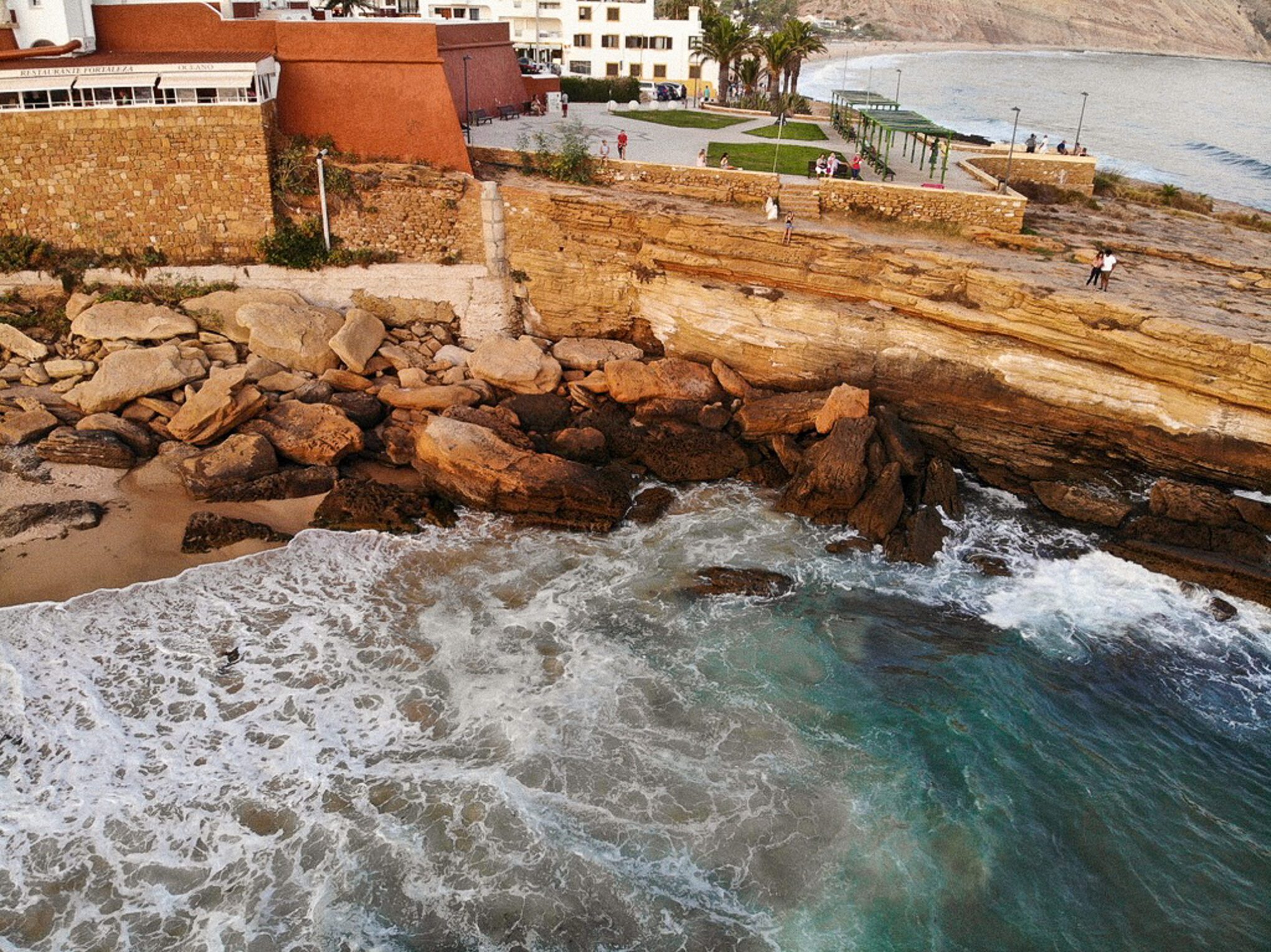
Travel Insurance
Regardless of where you are going and for how long, it is always recommended to have travel insurance. We have traveled both with and without it, and we recommend making a decision that best suits you. If you are not sure what to get, prior to purchasing additional insurance, check if your personal health insurance and credit card cover you internationally for any medical emergencies.
Tips for selecting travel insurance:
- Ensure it covers the places you are going and the activities you plan on doing. Whether you are road-tripping across Italy, diving with sharks in the Philippines, or renting a scooter in Bali, make sure to select the plan that guarantees you are covered for those activities.
- Verify if covers the entirety of your trip instead of just a period of it. If you are a full-time traveler and will not be returning home make sure that you are allowed to use it without having to re-enter your home country in a certain time period.
We are currently trying Safety Wings as it was recommended by another traveler but have also tried other coverages before.
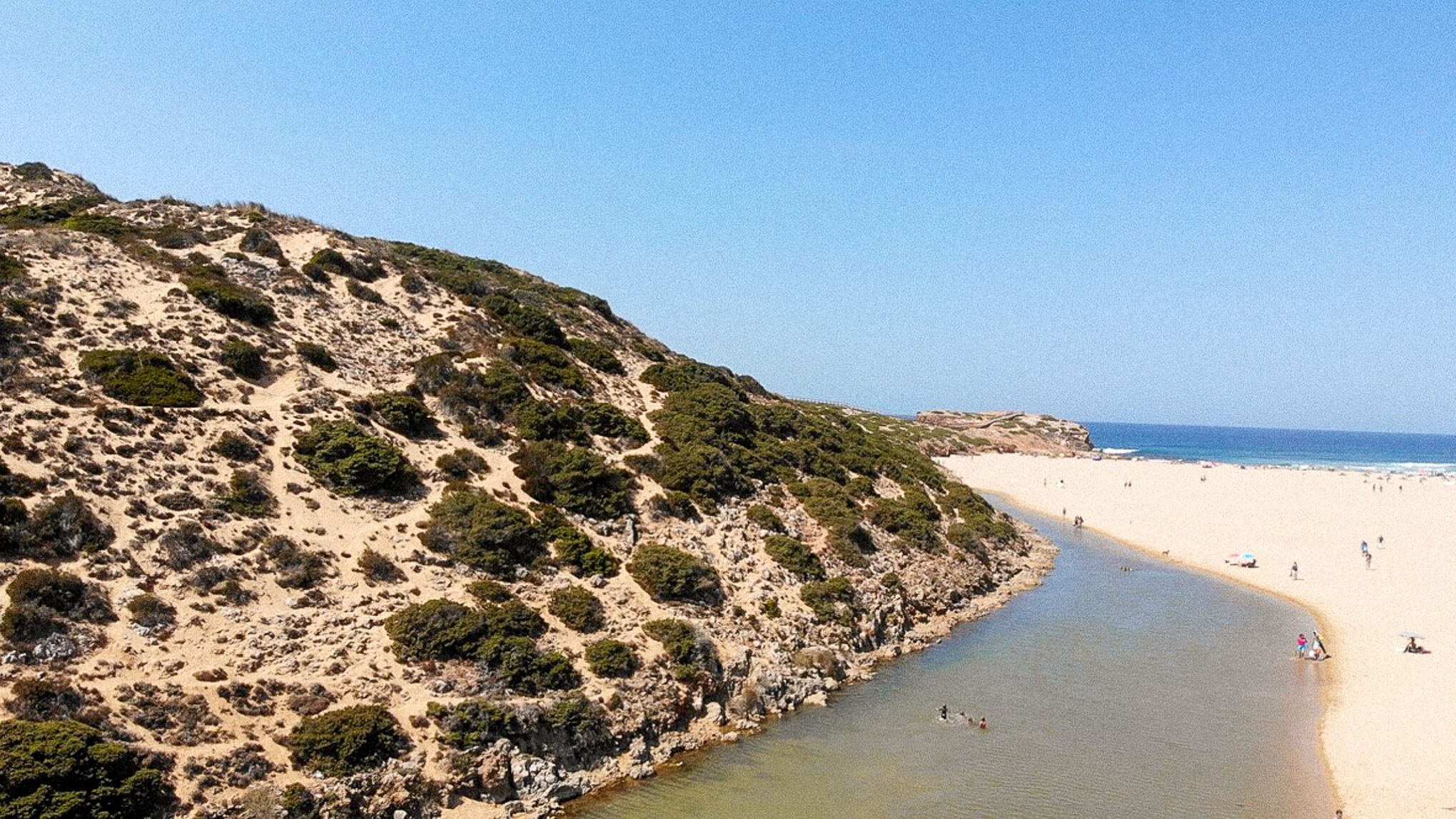
Credit and Debit Cards
We love the benefits our travel cards give us and take full advantage of them whenever we can. There are many travel credit cards out there, each suiting different needs. Before selecting one, make sure you are familiar with all the benefits and requirements.
Credit Card:
We currently use the Chase Reserve but started with the Chase Preferred when we needed a more basic travel card. Some of our favorite perks include Global Entry and TSA PreCheck, Priority Pass (free lounge access), and using miles to pay for flights. Our Chase card has been accepted in most places visited worldwide and has made our experience traveling hassle free.
Here are a few tips before applying for your travel credit card:
- Search the market and select one that best suits your needs, for us Chase Reserve has been great!
- Apply ahead of time to start racking up points before your trip.
- Take advantage of the sign-up bonus, which is usually at least 50,000+ miles for spending a specific amount within the first 1-3 months.
- Be aware that some places may charge a 3-5% fee for using your credit card.
- Use it wisely and pay its balance in full every month.
Click here if you are ready to apply!
Debit Card:
The Charles Schwab debit card has been a game-changer for us. It allows us to use most ATMs and refunds all of the ATM fees at the end of the month. If you use ATMs frequently, these fees can add up. Although it isn’t marketed as a travel debit card, it is the best one we have found so far. If you don’t want to sign up for Schwab, find a card that allows you to use ATMs internationally without high fees. Notify your bank ahead of time which countries you will be visiting to avoid having your card flagged and blocked. Click here if you want to learn more about the card!
We also recommend traveling with a backup card if you plan on being away for a long time. This guarantees that if your card is lost or stolen you have an alternative option.
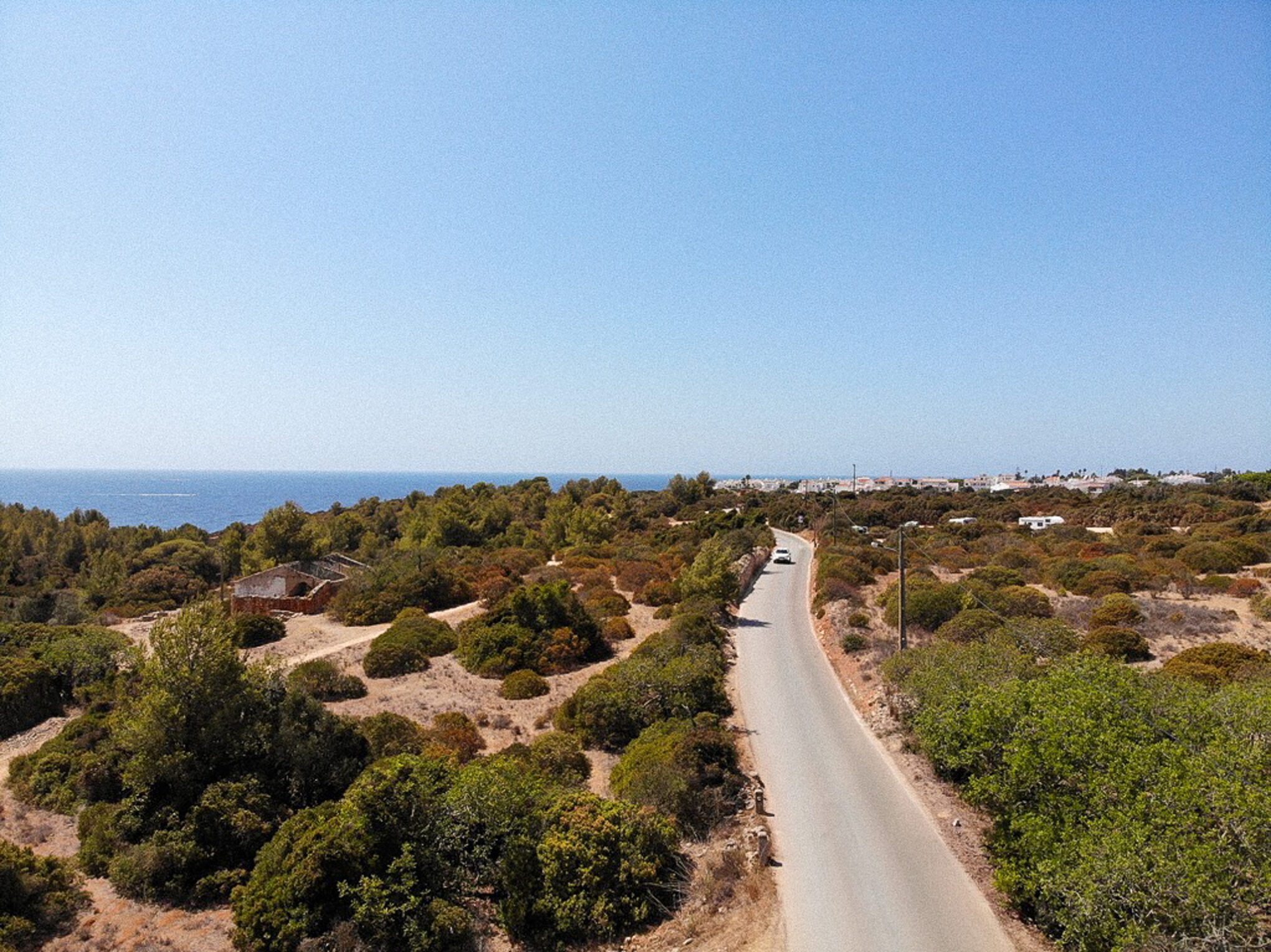
Dollars, Exchange Rates, and Locations
While we prefer to use our credit card and take out cash with our debit card once we arrive in the country, we always carry dollars as a backup. If this is your preferred method, ensure your bills are crisp, have no writing or marks, and are preferably new $100 notes. Yes, most places are very picky with the notes and may decline your transaction if the bills are in poor quality. Compare exchange rates from different counters and booths in town; airports usually charge more, so we consider them for emergencies only.
Adapters
If you plan on traveling to multiple places, we recommend buying a universal travel adapter that comes with multiple plug options.
Voltage matters, check the wattage conversion of the country you are visiting ahead of time to avoid burning out your electronics. Depending on what electronics you are taking, you may need a converter.
SIM Card/eSIM/Phone Carrier
eSIMs have become the easiest method for getting data/internet when traveling to a new country. When we opt for eSIMs, we like Airalo for its reliability and value. However, given that we are traveling on a budget and for long periods of time, we usually buy a physical SIM card once we arrive in a new country. This is usually cheaper and provides more data options. Check with your phone carrier before traveling to see if your current plan includes international perks. Most international add-on plans are more expensive than alternative options, unless you need to make frequent calls using your landline or have the text option available it is not worth using the data plans.
Click here to see which eSim we use!

Two-Step Verification Codes
If you are not using your phone carrier’s data plan, ensure you have an alternative method for two-step verification for any of your online banking or other accounts. This will prevent you from being locked out of your accounts when accessing them outside the United States. We recommend changing the verification method to email or adding an additional phone number to someone who is in the U.S and can provide you with the code if needed while you are abroad.
VPN
A VPN is a great way to stay protected while using your devices. It prevents your data from being stolen or accessed while using public WiFi. It also allows you to stream shows from other countries or access most U.S. content while abroad. You can also use it to search for flights to find better deals. We use Surf Shark for our VPN and have had no issues.

Laundry
In case you are worried about packing light and not having clean clothes, know that most hotels offer laundry services and some Airbnbs have their own laundry machines. In case your stay does not offer these services, there are usually laundry places in most major locations. We have been doing this for the last few years and never had any issues. Normally, you can pay for standard service (24 hours) or express (same day). Make sure to notify them if you have any delicate items or do not want your clothes ironed.
Conclusion
There are many things to consider when traveling abroad, especially if it is your first time. This list includes a lot of the things we have found the most important when planning a trip as “Americans”. We hope it is as useful for you as it is for us!

